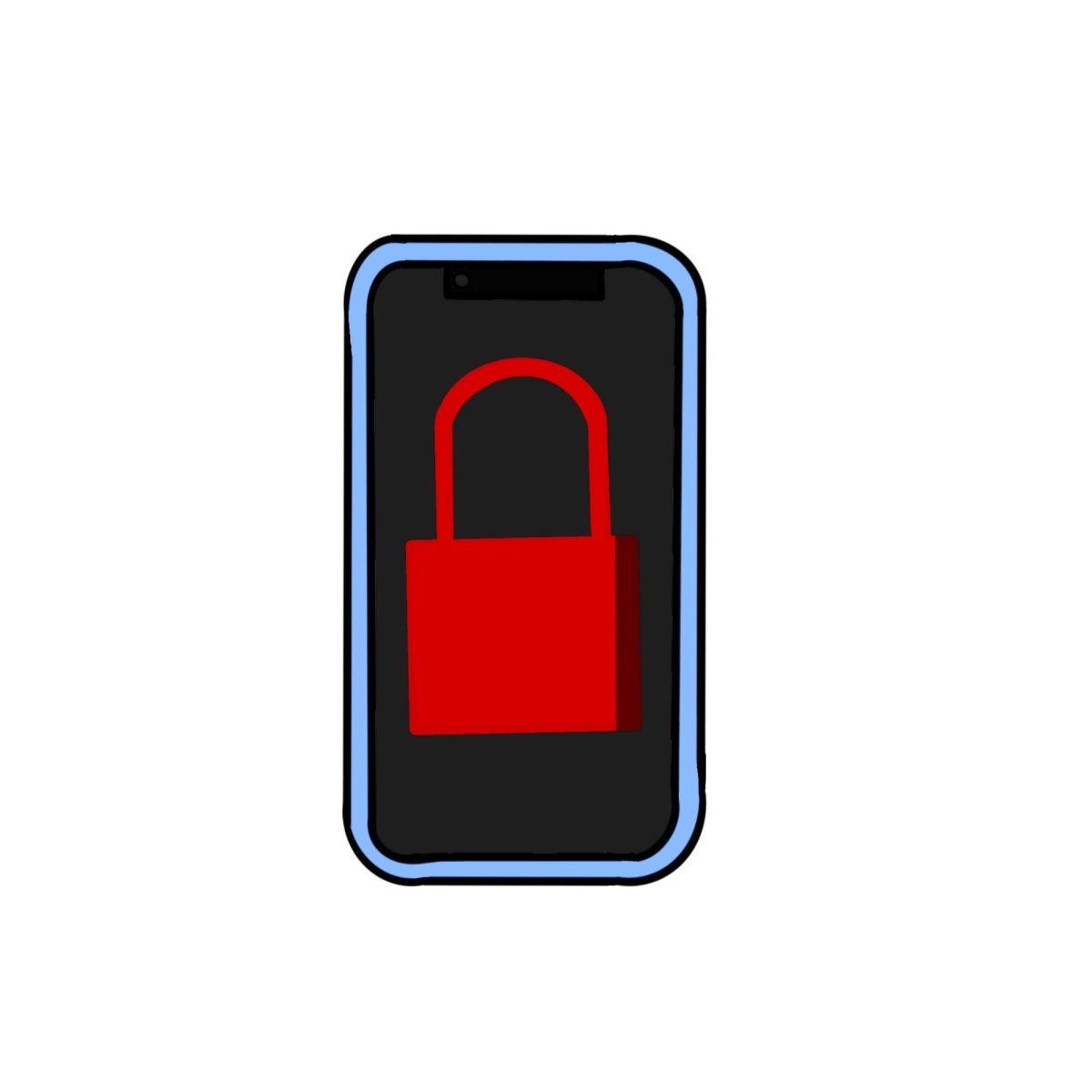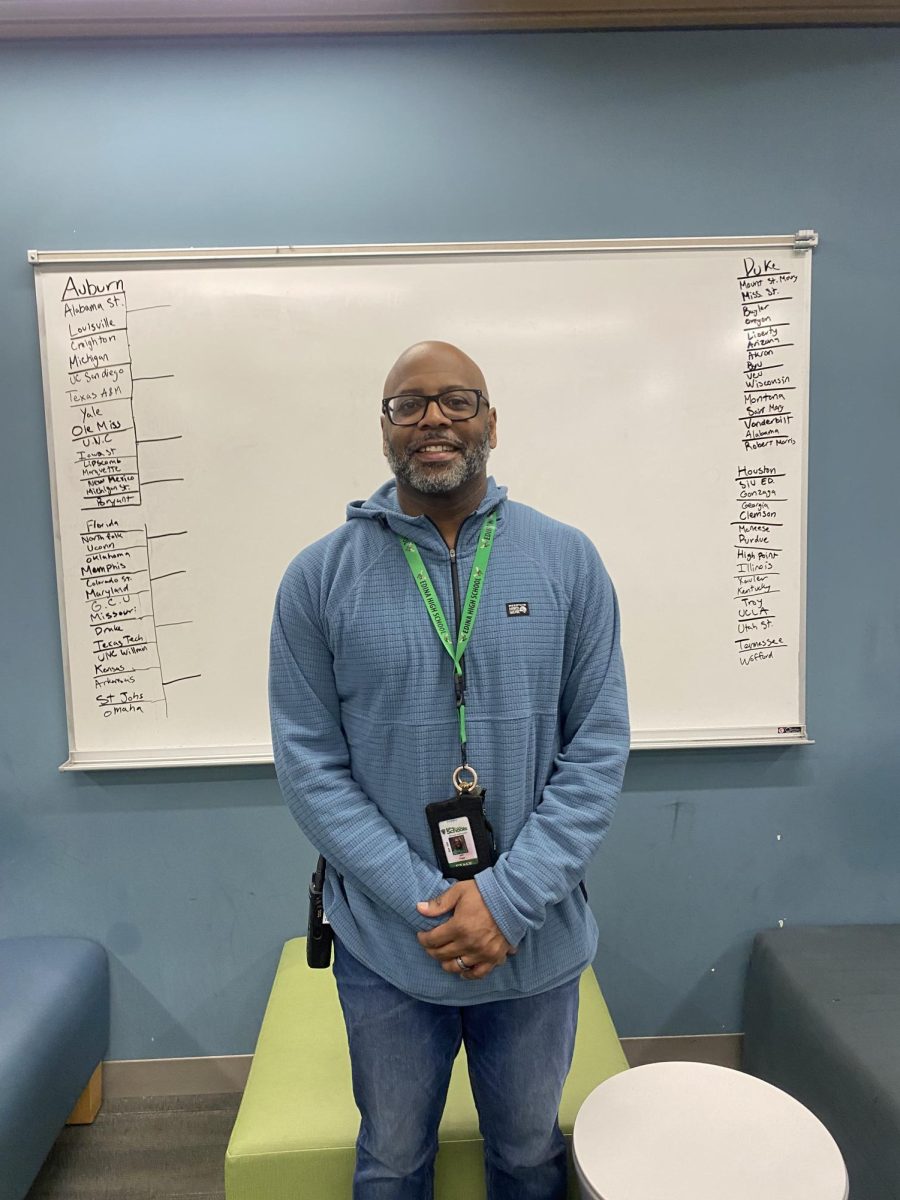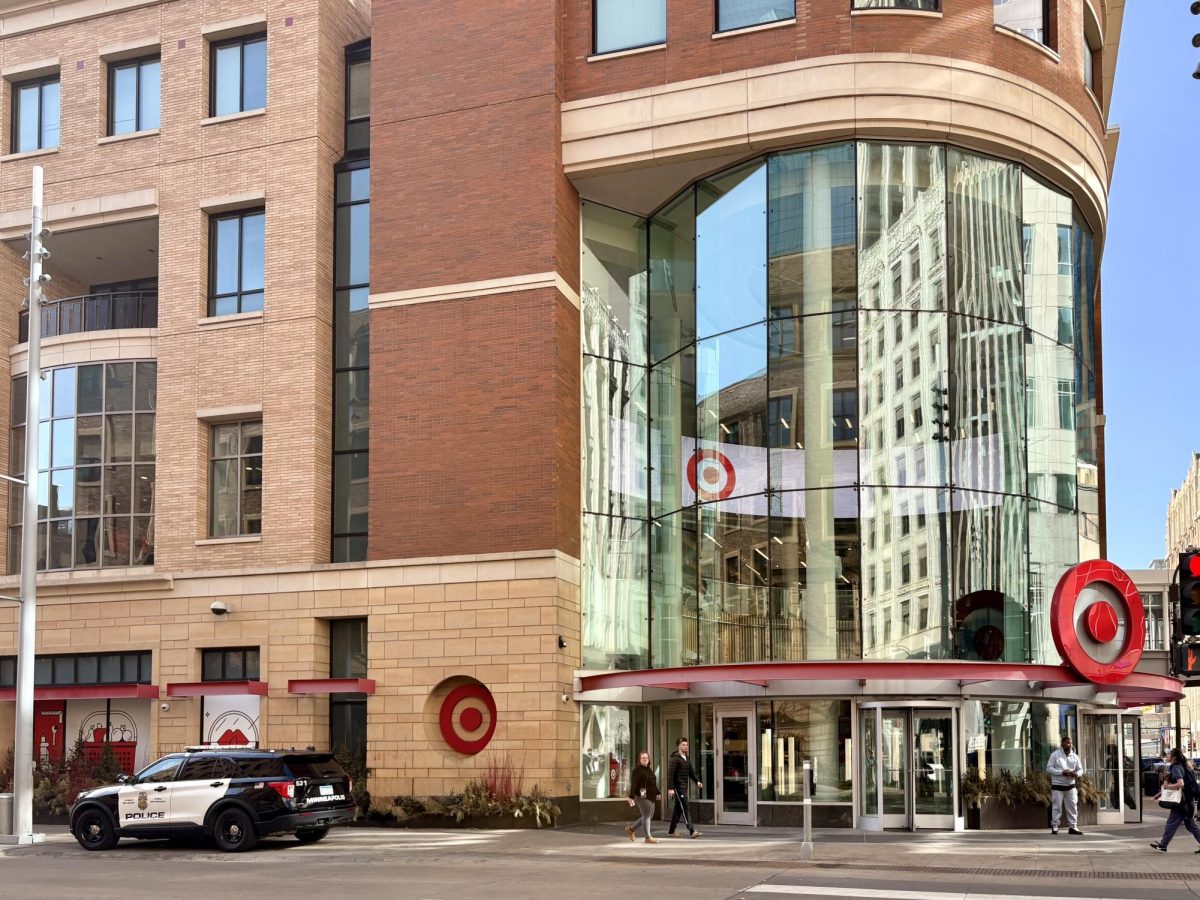On Monday, YouTube user AnonymousVoice777 posted a video (link) that consisted mainly of a computer-generated voice imploring viewers to download the Low-Orbiting Ion Cannon software (Wikipedia link) and participate in a distributed denial-of-service attack (DDoS) attack Facebook as a protest against the shutdown of MegaUpload, as well as SOPA and PIPA-like restrictions on Internet freedoms. On Tuesday, a Twitter account affiliated with the group, @anonops, denied that the video came fromt the group, tweeting “Again we must say that we will not attack #Facebook! Again the mass media lie.”
The threat seemed credible at the time, however, especially since the group had attacked websites run by the Department of Justice and the Federal Trade Commission only days earlier. Also, this is not the first time Anonymous has targeted web sites it disagrees with: Last year, sites like Amazon and PayPal were targeted after they stopped providing services to Wikileaks in the wake of the release of thousands of confidential US diplomatic cables. Additionally, Anonymous has been able to crash CBS, Warner Brothers, and FBI sites.
Anonymous’s DDoS attacks are oftentimes termed “hacking,” although that is somewhat misleading. Imagine a website as a poster in the Commons, put up by some group to get its views out to the student body. Hacking a website would be akin to changing the poster itself, while DDoSing a website would be akin to getting a group of people to stand in front of the poster for a time, keeping anyone from seeing it.
For Edina High School students who may have planned on participating in the attack (or in future ones), it should be noted that doing so would run afoul of several laws. Getting in trouble for participating in DDoS attacks is not just some abstract thing that could theoretically happen: It’s something that has happened before, oftentimes even to teens. In the aftermath of the first round of Anonymous attacks against PayPal and Amazon, several teenagers in the UK were arrested for violating a law that specifically targets this type of attack. In the US, DDoSers run afoul of the federal Computer Fraud and Abuse Act – which means that participating in Anonymous attacks is a federal offense and becomes the jurisdiction of the FBI. (As a side note, your Internet Service Provider – Comcast, for most EHS students – can sue you or terminate your Internet service for breaking the law on their connection.)Facebook might appear to be an impenetrable bastion of the Internet, but that is not necessarily the case. Just this month, a pro-Israel hacker going by the nom-de-guerre “Hannibal” was able to obtain and release thousands of account usernames and passwords of Arab Facebook users in order to show that he could, as well as make a political statement.This vulnerability may not extend to a potential Anonymous DDoS attack, however. Facebook has tens of thousands of servers – after all, it handles a massive load of users on a daily basis – and it has weathered previous attempts to take it down. Perhaps that’s why Anonymous has held off on attacking the site so far.Staff writer Emily Cherkassky contributed to this article.





